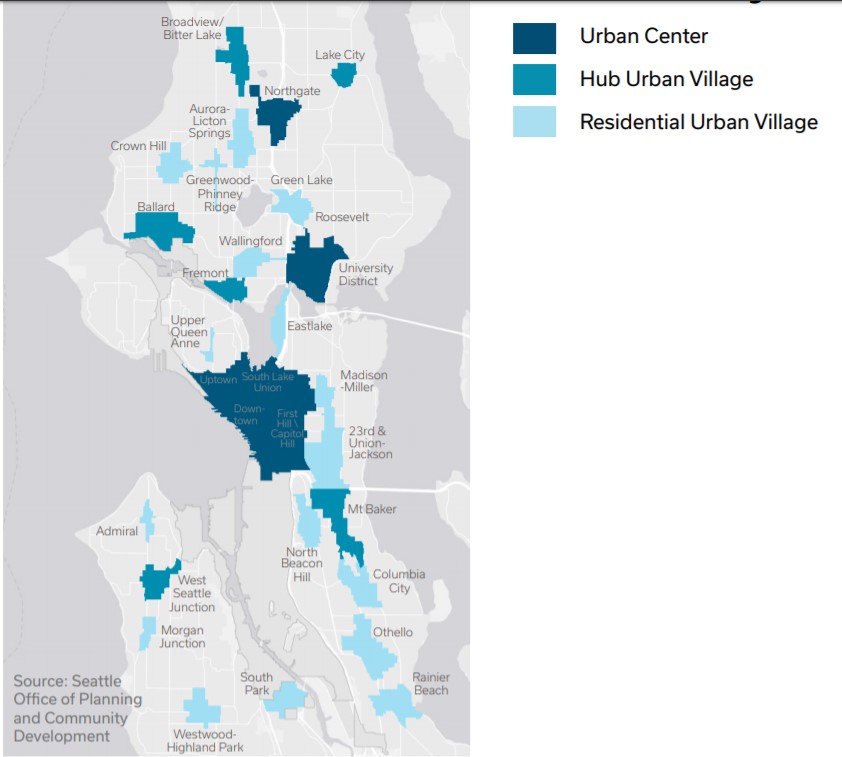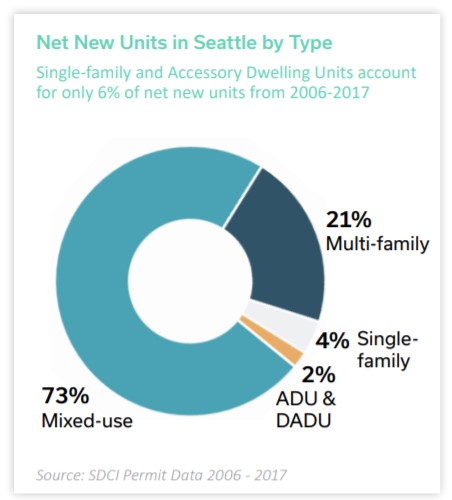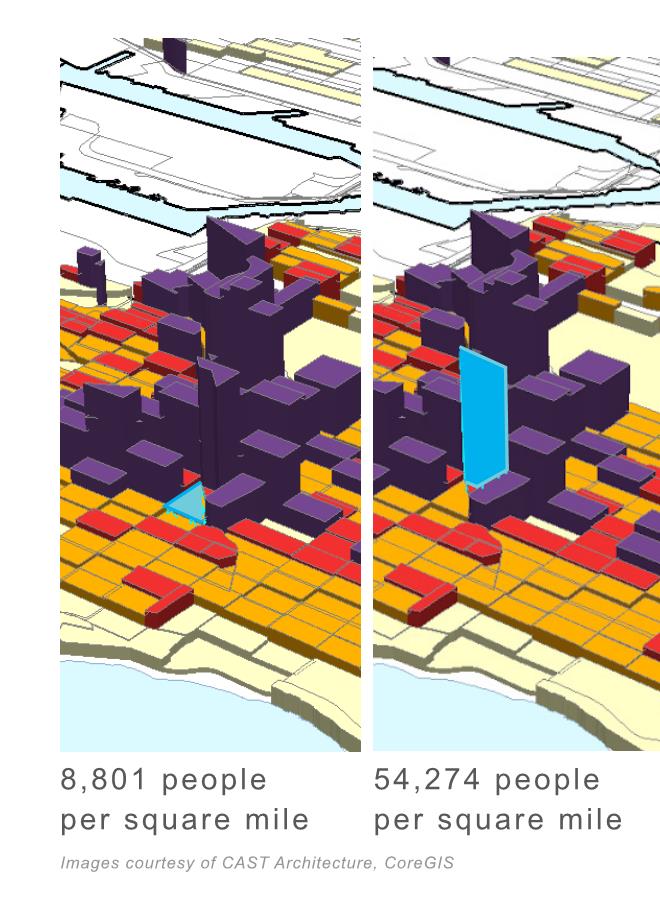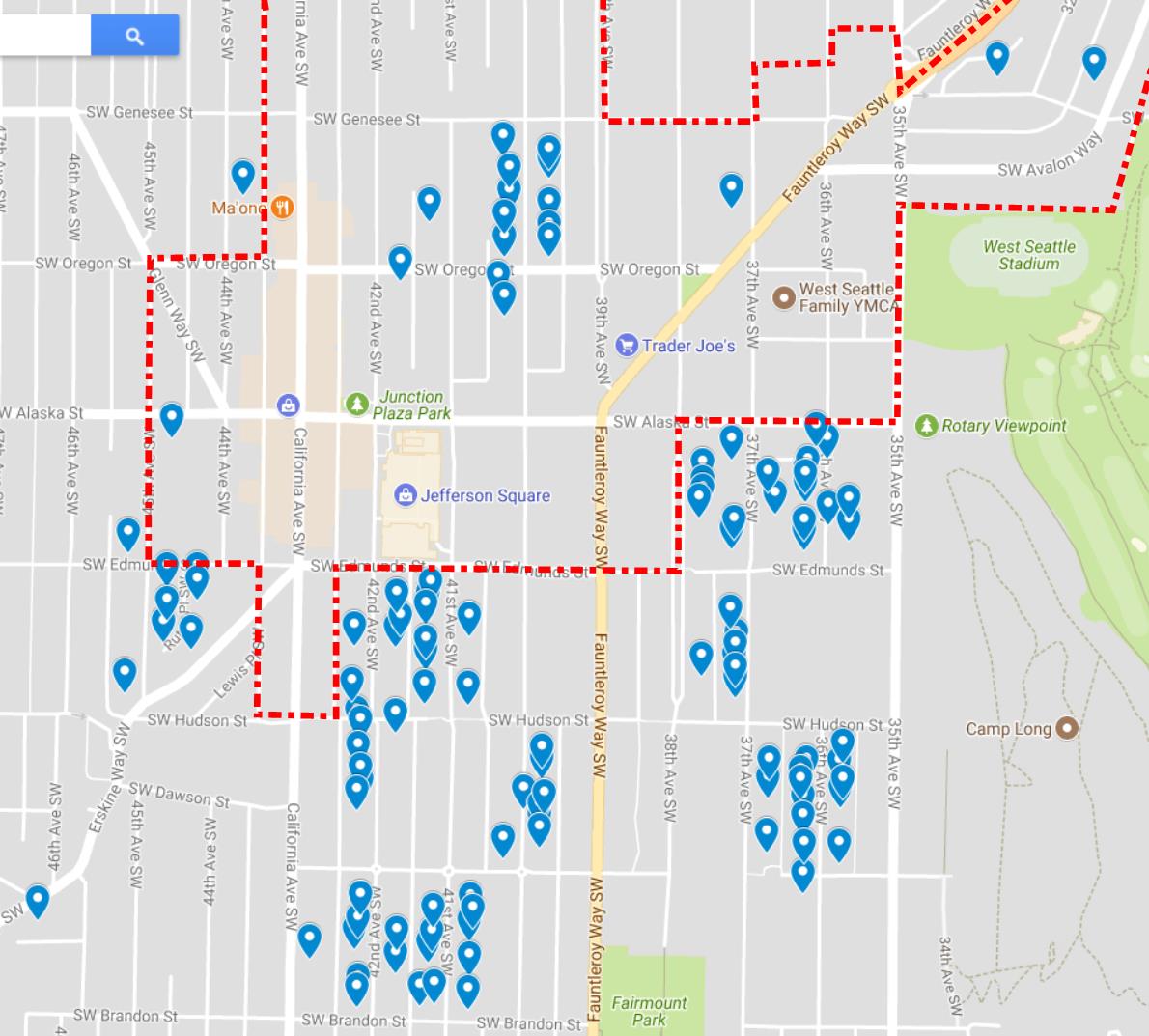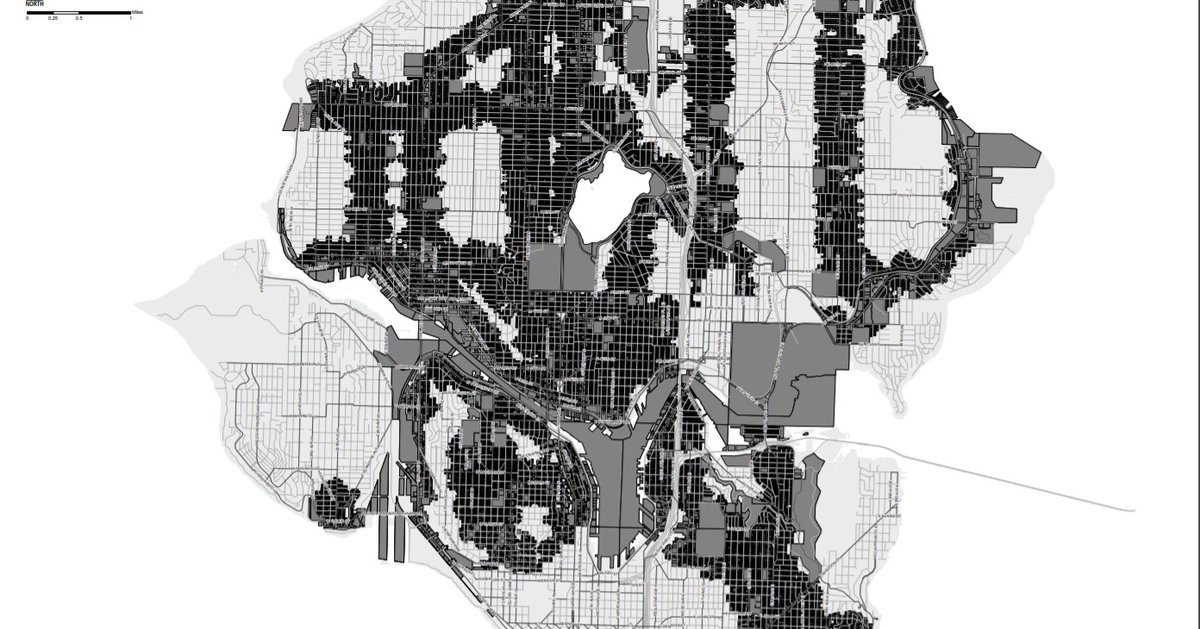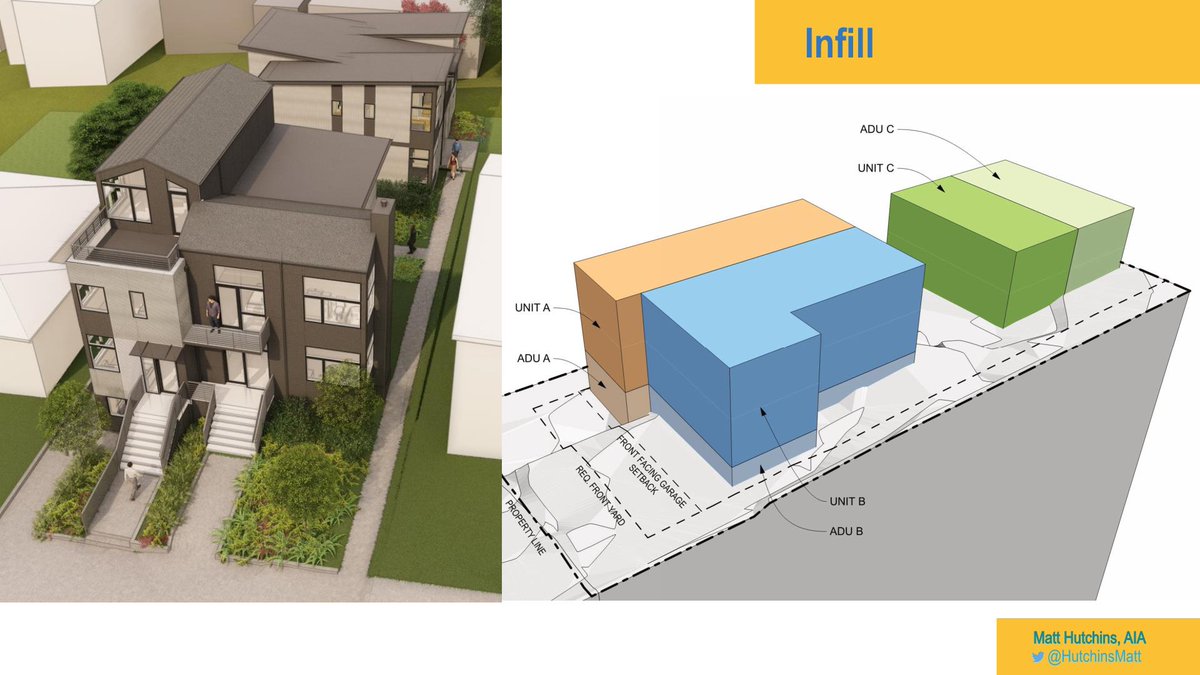seattle.gov/Documents/Depa…
5/
7/
8/
theurbanist.org/2020/04/16/nin…
9/
11/
12/
(see section on Regional Variation in this one)
escholarship.org/content/qt8gh2…
13/
14/
The next generation of development has to be distributed across the city, not just inside urban village boundaries.
end

